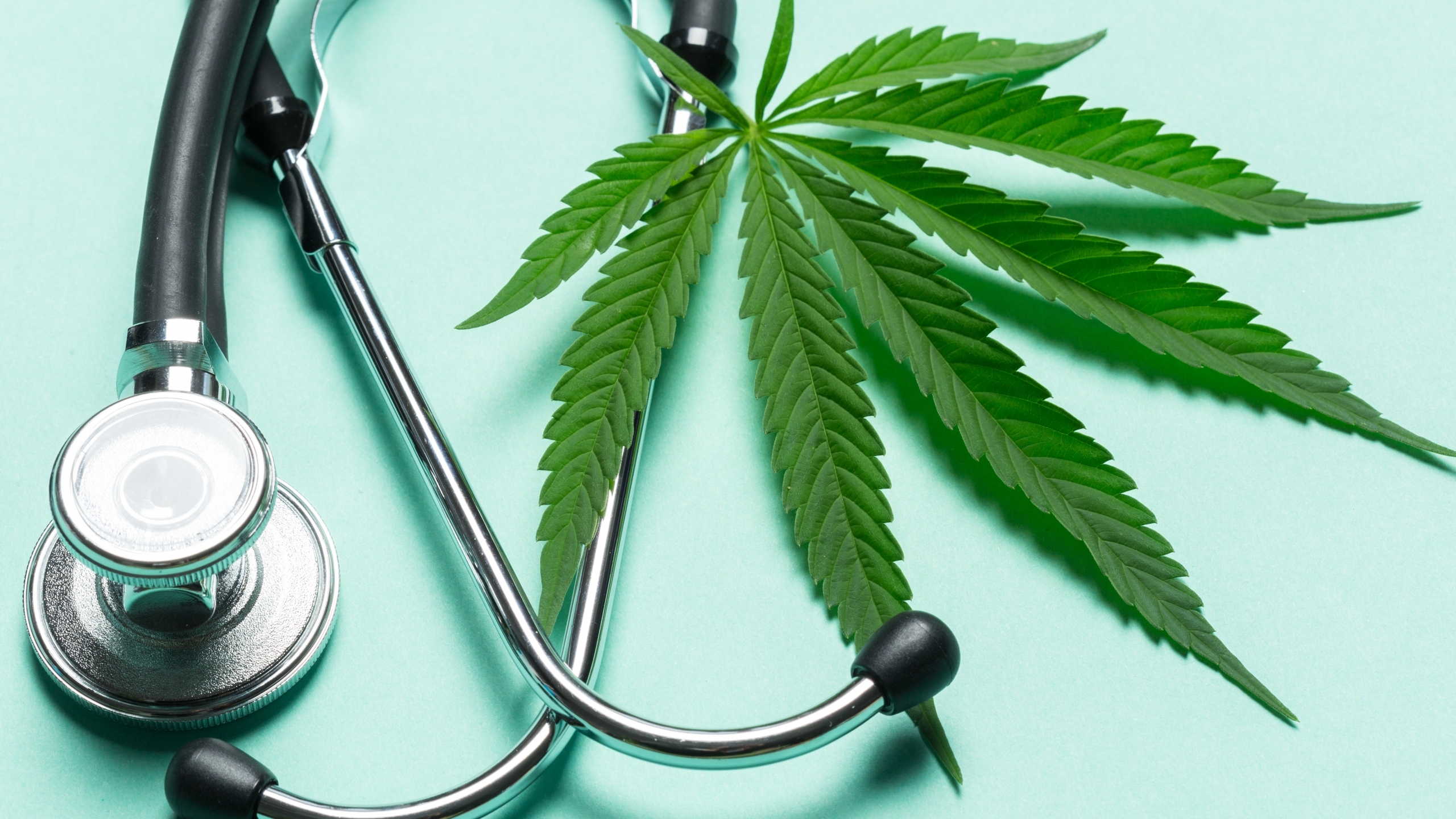The members of the newly formed Alabama Medical Cannabis Commission on Thursday met in a formal session for the first time for an organizational meeting in Alabama’s historic 1859 Capitol Building.
“You truly have a lot of work cut out for you,” Alabama Gov. Kay Ivey told the commission members. “It will be up to you, those who have been appointed by many elected leaders around the state, to establish a criteria for medical cannabis production in Alabama.”
“I can’t urge you strongly enough to keep transparency and efficacy foremost in your mind,” Ivey told the members of the new commission.
“The task before you is providing legal use for medical cannabis,” Ivey said. “We simply have to get this right.”
The Alabama Legislature shocked many observers, on both sides of the marijuana debate; when legislators elected to jettison the hotly debated gambling bill and pass medical marijuana legalization in the 2021 legislative session instead. Sen. Tim Melson, R-Florence, had carried the legislation three years in a row, with it finally passing after an 11-hour debate on the floor of the Alabama House of Representatives in May.
The members of the commission voted to make Dr. Steven Stokes the chairman of the commission.
Rex Vaughn was voted in as co-chair of the Commission.
Stokes then s appointed a subcommittee tasked with searching for an executive director of the commission.
“We have a long way to go and a short time to get there,” Stokes told the commission, quoting from the southern classic: ‘Smokey and the Bandit. The Commission must have a program in place to certify physicians to recommend medical marijuana in place by Jan 1, 2022. Stokes assigned a subcommittee to work on this task.
“We are going to have to meet at least once a month,” Stokes said. Meetings will be “the second Thursday of each month at least through the first of the year until we get organized and up and going.”
“Patient wants this,” Stokes said. “They campaigned for this; but there are also a lot of people who have a problem with this. They are concerned that this would be a gateway for more drug abuse.”
“For a cancer patient there is a great benefit,” Stokes, an oncologist from Dothan, said. “But at least half of the homeless have an addiction problem. We don’t want to increase substance addictions.”
Stokes said that since all of the marijuana has to be grown in Alabama then the commission would have to license growers and processors by April since planting season is normally April and May. The bill limits marijuana growers to just nine. The nine licensees all have to be farmers and have lived in Alabama for at least fifteen years. Another subcommittee was appointed to begin working on this, including encouraging the participation of minority farmers.
The commission also has to license dispensaries and processors.
Stokes said that the commission is going to have to begin advertising for staff, including the new director, and begin looking for a permanent meeting location as well as office space for the commission’s yet-to-be-hired staff.
APR asked Stokes if patients taking marijuana for chronic pain would have to try opiates before they can be prescribed medical cannabis.
“No the law says that they have to have tried other treatments first,” Stokes said. “That could be acupuncture or a chiropractor. It would not necessarily have to be opioids.”
APR asked if this would only benefit more affluent Alabamians.
“Yes, that is a concern,” Stokes said. “Medicare won’t pay for it. Medicaid won’t, Private insurance won’t pay for it. Tricare, which is a VA insurance, won’t pay for it.”
Stokes is an oncologist in Dothan, but three days a week he works at an oncology clinic in Panama City.
“It costs $300 to get a medical marijuana card,” Stokes said. “That has to be paid in cash upfront. It costs my patients $75 to 80 a week. Some people can’t afford that.”
Stokes said that he was concerned that all of that out-of-pocket cash required would keep many people with need from accessing the product.
“I was pretty skeptical about marijuana until I started working with it, in cancer patients,” Stokes said.
The next meeting of the commission will be on Wednesday, Aug. 25 at 1 p.m. in the Statehouse room 200.



















































